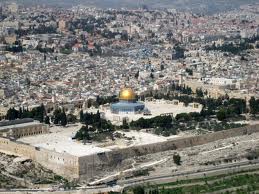
Everyone knows Israel’s true capital
In international relations there is sometimes a situation of political make-believe whereby states conduct themselves in a manner that actively and consciously ignores reality. On some occasions this is warranted in order to avoid a crisis or mitigate conflict. And once relevant self-deception can become ingrained after time, even though its usefulness is debatable at best. Such is the case (or perceived to be) with Israel’s capital city. Israel’s capital is Jerusalem. The government is located there; so are the Supreme Court and the Bank of Israel. All are located in West Jerusalem, which is seen by the international community as part of Israel’s sovereign territory – and would almost certainly be so following a future peace agreement with the …

Field Research in the Middle East
Year after year, students opt to enroll in programs focusing on the Middle East, and some of those students may also decide to visit the region for research—to gather accurate data, to conduct interviews, or to look for primary sources. Research on Middle Eastern issues has been conducted extensively since the beginning of this century. The 9/11 attacks sparked renewed interest in the Middle East, resulting in a series of research projects on topics such as security, religion, democracy, and development-related topics in this region. The on-going Arab uprisings and widespread turmoil in the Middle East have given these historical events a new intensity. Therefore, it is likely that the Middle East will continue to occupy a focal point of …
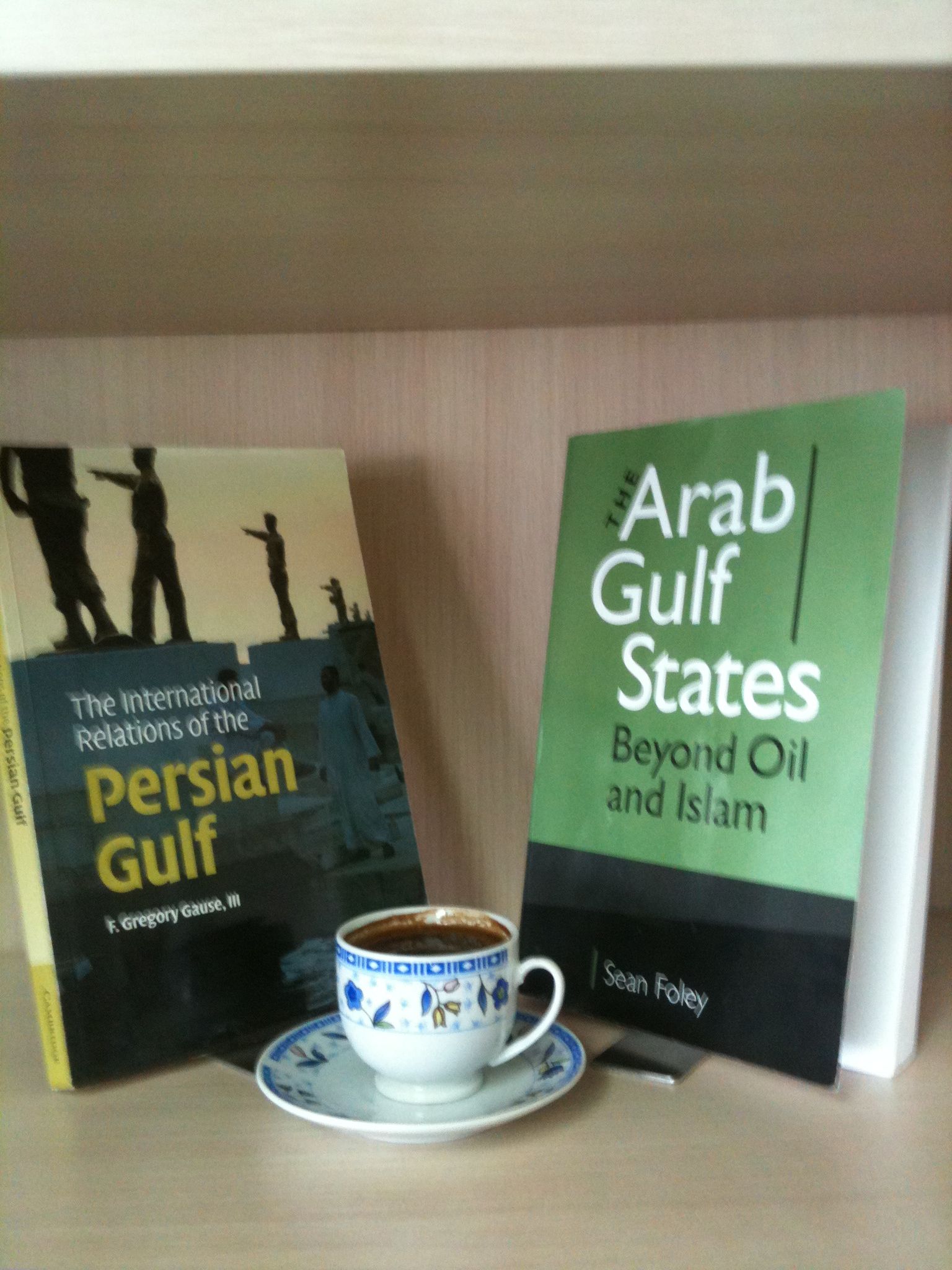
Reflections on the Gulf Studies
The Arab Gulf region is of great geopolitical importance owing to its oil and natural gas deposits. Ironically, the history and international relations of the region had, for several reasons, been quite neglected by the academic arena for decades. First and foremost, where political studies are concerned, this neglect had been linked with the development of the discipline itself and its debate in and toward non-Western states and societies specifically (see, e.g., Anderson 1987:1; Green 1993:517–518). Second, up until the late 1980s, studies on the Gulf region had been closely associated either with an examination of the Islamist role or with the Arab–Israeli conflict. Third, many orientalists and policy makers were more interested in examining the region to pursue their …
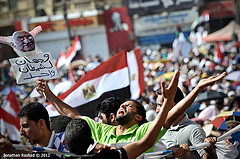
The Rising Brotherhood’s Wary Neighbours
After suffering decades of repression and forced to go underground, the recent election victory for Egypt’s Muslim Brotherhood has emboldened the movement to spread its influence in a region where mainstream political Islam has for so long been denied. At the same time, this is cause for much anxiety to the remaining despotic Arab regimes, particularly in the oil-rich Gulf. Even prior to the elections it was widely reported that the Saudi’s preferred an Egypt run by the remnants of Mubarak’s regime, such as Ahmed Shafik, than an Islamist candidate.[1] They fear that a brotherhood victory will not only embolden the already problematic Islamist opposition at home but also set the grounds for Egypt reclaiming leadership of the Islamic world, upstaging …
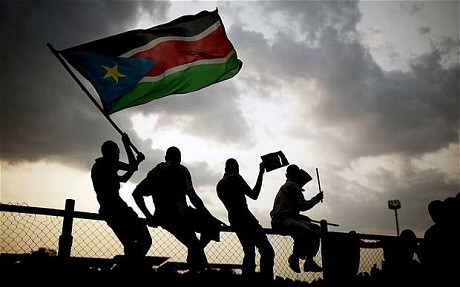
The Two Sudans, One Year On.
Following decades of internal civil strife, on July 11, 2011, the African nation of Sudan separated into two de jure sovereign states as the South finally gained its long-awaited independence. Yet those with any sort of intimate knowledge of Sudan will have viewed the scenes of jubilation across the South and the calm acceptance displayed by the North on the day of separation with caution. Although South Sudan’s moral claims to independence were never in doubt, its possibility of a peaceful future appeared, if anything, less certain following its separation from the North. A year on, it is a prescient time to reflect on how Africa’s most recently divorced couple are faring on their separate paths. For South Sudan, like …
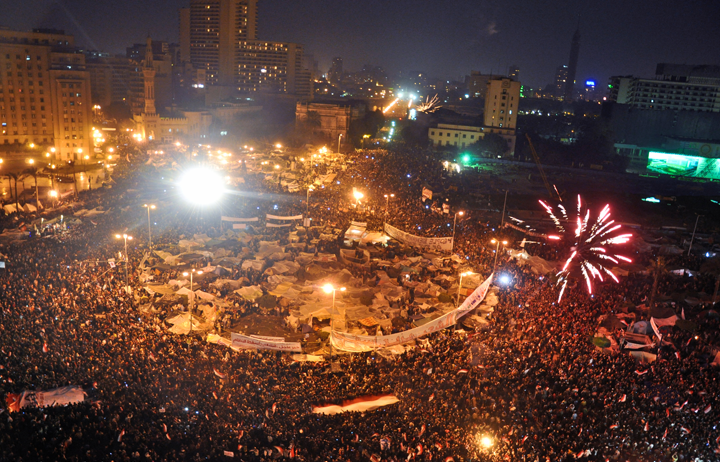
Egypt’s 2011 Revolution: Beyond Conventional Transitional Justice
After former Egyptian President Hosni Mubarak was toppled in February 2011, the Supreme Council for the Armed Forces assumed executive power in Egypt, and launched the ‘transitional period.’ In the seemingly boundless space created by Mubarak’s absence, millions of citizens freely debated every aspect of the emerging political and social order, in public meetings, at home, in the media, and on the streets. It was a time of limitless imagination. Meanwhile, amongst international and Egyptian human rights organisations, a more contained conversation began on the practice and precedents of transitional justice. Cairo soon played host to major conferences on the subject. In these meetings, three central assumptions were regularly made, particularly by international participants. First, transitional justice precedents offer the …
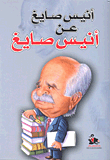
Anis Sayegh: The autobiography of a Palestinian Intellectual
In recent years we have seen the publication of a series of Palestinian life stories including, among others, the ‘Incomplete Autobiography’ of Yusif Sayigh (2009) and the autobiography of Shafiq al-Hout (2007). The subject of this review is also found within this series; the autobiography of Anis Sayegh, entitled Anis Sayegh ‘n Anis Sayegh, which was released in Beirut by Riad El Rayyes in 2006. The autobiography of Anis Sayegh describes his life from early childhood in the 1930s to the early 2000s. It consists of nine chapters. In the first chapter we learn that Anis Sayegh was born in November 1931 in Tiberias, the youngest of seven children in a traditional Protestant Christian extended family. His father originally came …
ICC Captive Is Pawn in Struggle between Militias and the NTC
The key fault lines dividing the interim Libyan central government from both the militias and the international community are starkly illustrated in the ongoing saga surrounding the detention of four International Criminal Court (ICC) officials in Libya since June 7th. Among the detainees, Melinda Taylor has received the brunt of media attention, because she is a young and attractive Australian lawyer who was assigned by the ICC to represent the deposed dictator’s son, Saif al-Islam al-Qadhafi. She is currently being held captive by Zintani militiamen for ‘spying’. She allegedly possessed a digital pen camera and passed her client encrypted messages from Mohammad Ismael — a former crony of Saif’s, wanted for war crimes. It will likely be impossible for the …









